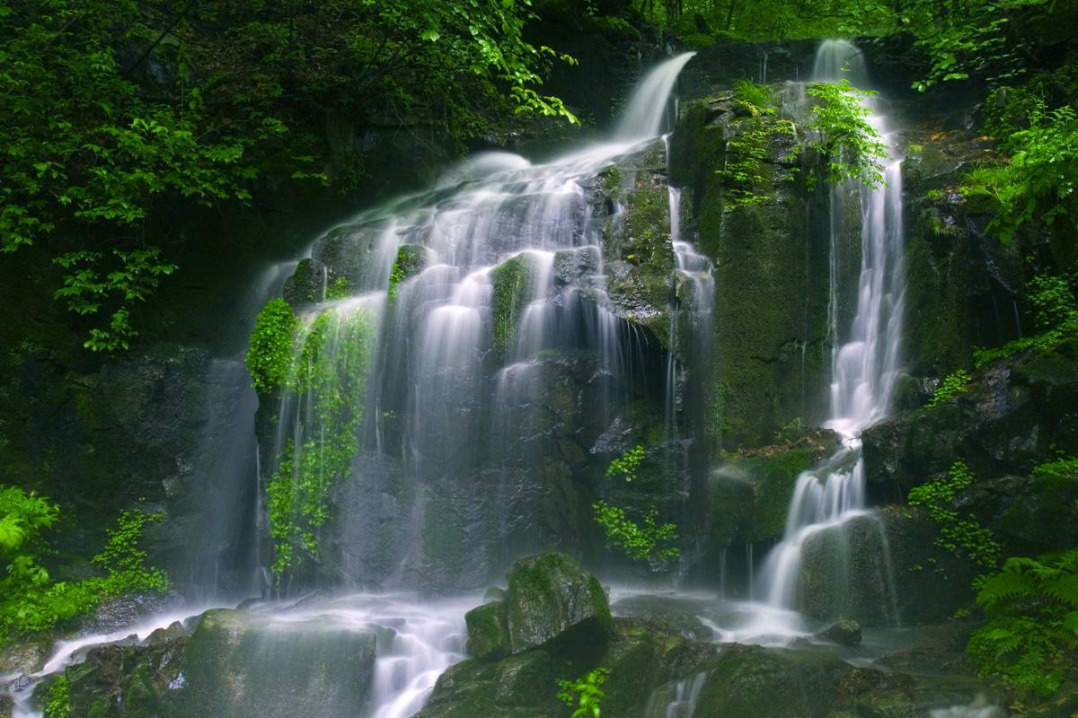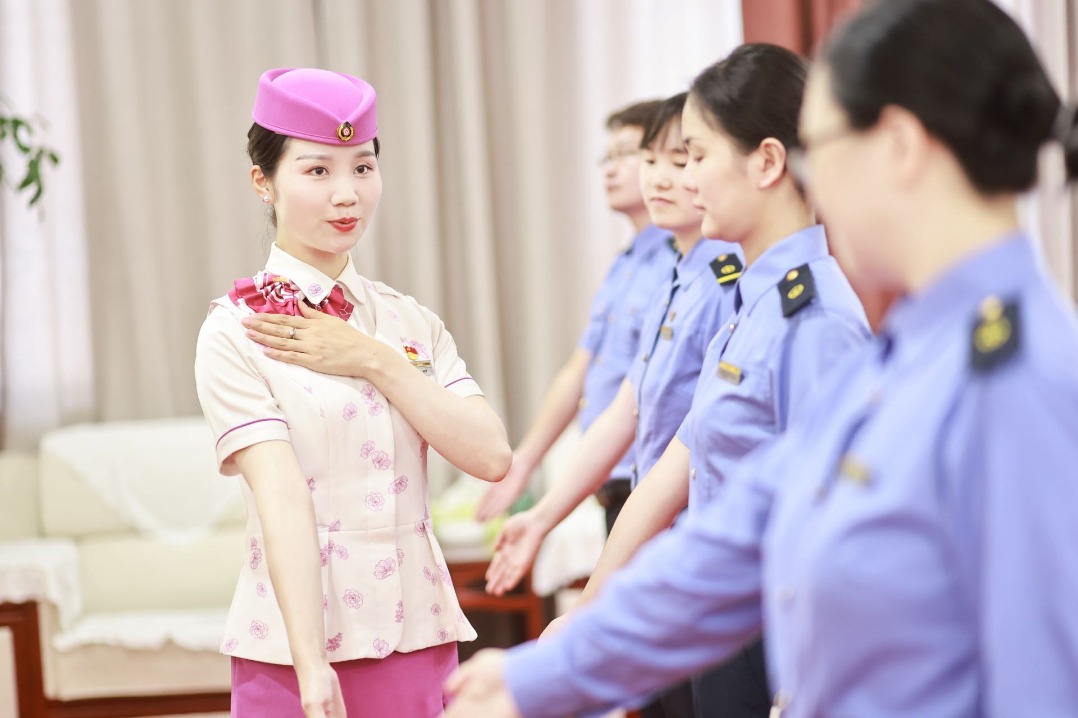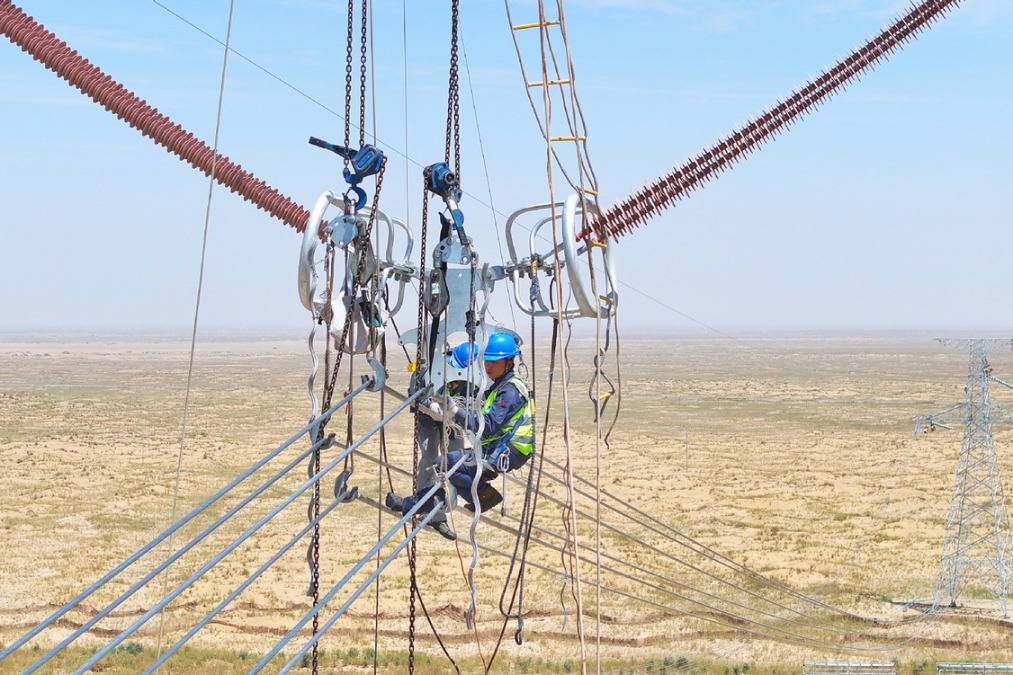China's lunar probe discovers high water content in moon materials


BEIJING -- The analysis of moon samples brought back to Earth by China's Chang'e-5 probe suggests that minerals on the lunar surface have a high content of solar-wind-derived water.
Researchers from the Institute of Geochemistry under the Chinese Academy of Sciences found a large amount of water in the returned lunar soil samples, with an estimated content of at least 170 parts per million, equivalent to 170 grams of water per tonne of lunar soil.
The discovery, which was published in the journal Nature Communications earlier this month, shows that the moon minerals are important reservoirs of water.
In January, a group of Chinese researchers confirmed, for the first time, the presence of water in Chang'e-5 lunar samples. In June, another Chinese team claimed the lunar probe had detected signs of water in the form of hydroxyl at the landing site, but the overall water content of the samples was relatively low.
The Chang'e-5 probe returned to Earth on Dec. 17, 2020, having retrieved a total of 1,731 grams of lunar materials from the Northeastern Oceanus Procellarum basin, which is located at a higher latitude than that explored by all previous sampling missions.
Due to the lack of direct evidence from sample analysis, the formation and distribution of lunar-surface water remains unclear, but the new study has provided a reference for the water distribution in the mid-latitude region of the Moon, according to the researchers.
"In the future, the lunar-surface water can be extracted as a supplement to the life-support needs of the planned lunar research station," said Tang Hong, a member of the research team.
- Multidisciplinary team investigates student nosebleed cases in Hangzhou
- Intl sniper competition kicks off in Xinjiang
- 'Silver trains' gain speed in China's booming elderly travel market
- China sees over 330 million cross-border trips in H1 2025
- Foreign arrivals to China continue to surge in H1
- China champions international ties in cutting-edge research





































